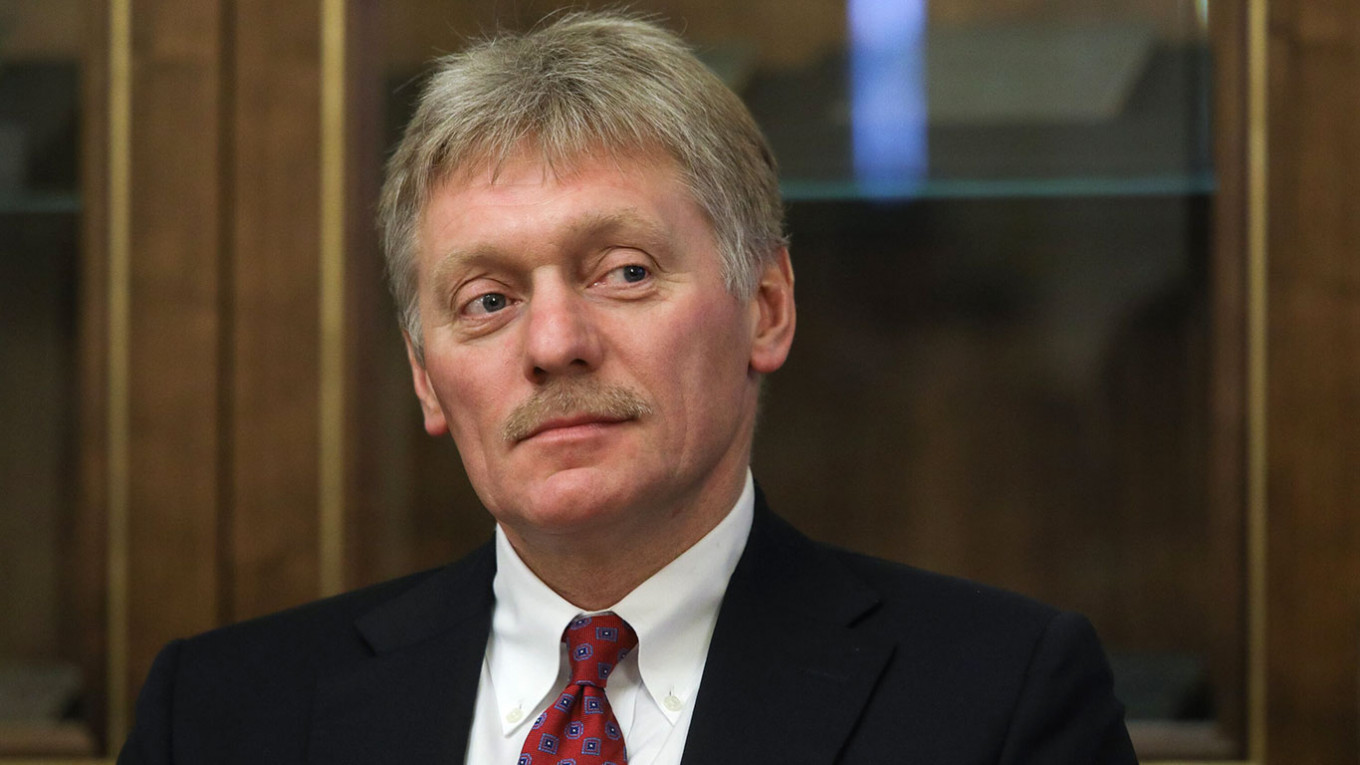On Tuesday, the Kremlin supported former German Chancellor Angela Merkel’s recent assertion that Poland and the Baltic nations hindered attempts to organize EU-Russia discussions prior to the full-scale invasion of Ukraine in 2022.
Kremlin spokesperson Dmitry Peskov remarked to reporters, “In numerous foreign policy matters, it is clear that the EU and Brussels are being significantly influenced by the aggressive policies of the Baltic states and Poland. It seems plausible that Mrs. Merkel is correct in this context.”
In an interview released last Friday by the Hungarian media outlet Partizán, Merkel stated that Poland and the three Baltic countries had derailed a proposal she and French President Emmanuel Macron put forward in June 2021 to rekindle dialogue with Russian President Vladimir Putin—an initiative she believed might have contributed to preventing the conflict.
“They were concerned that we would struggle to form a unified policy towards Russia,” Merkel commented, emphasizing that the lack of consensus within the European Union ultimately resulted in the abandonment of the proposal.
Merkel completed her four-term tenure in December 2021, two months before Putin initiated the full-scale invasion of Ukraine.
Her statements to Partizán drew strong backlash from across Eastern Europe.
Former Latvian Prime Minister Krišjānis Kariņš accused Merkel of misreading Russia’s intentions “both then and currently,” while Estonian Foreign Minister Margus Tsahkna asserted that “Russia alone is responsible” for the ongoing conflict.
In Poland, former Prime Minister Mateusz Morawiecki criticized Merkel as “a blatant advocate for Putin” and labeled her “one of the most detrimental German politicians of this century,” blaming her for fostering Europe’s reliance on Russian energy and encouraging the Kremlin’s assertiveness.
Other Polish officials expressed concern that Merkel’s remarks could strengthen Russian narratives regarding the war’s origins.
The Kremlin has long maintained that Western leaders have not adequately pressured Ukraine to adhere to ceasefire agreements made after the 2014 conflict with Russian-backed insurgents. Moscow has utilized this stance as part of its justification for the invasion of Ukraine in 2022.

